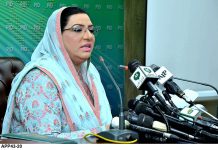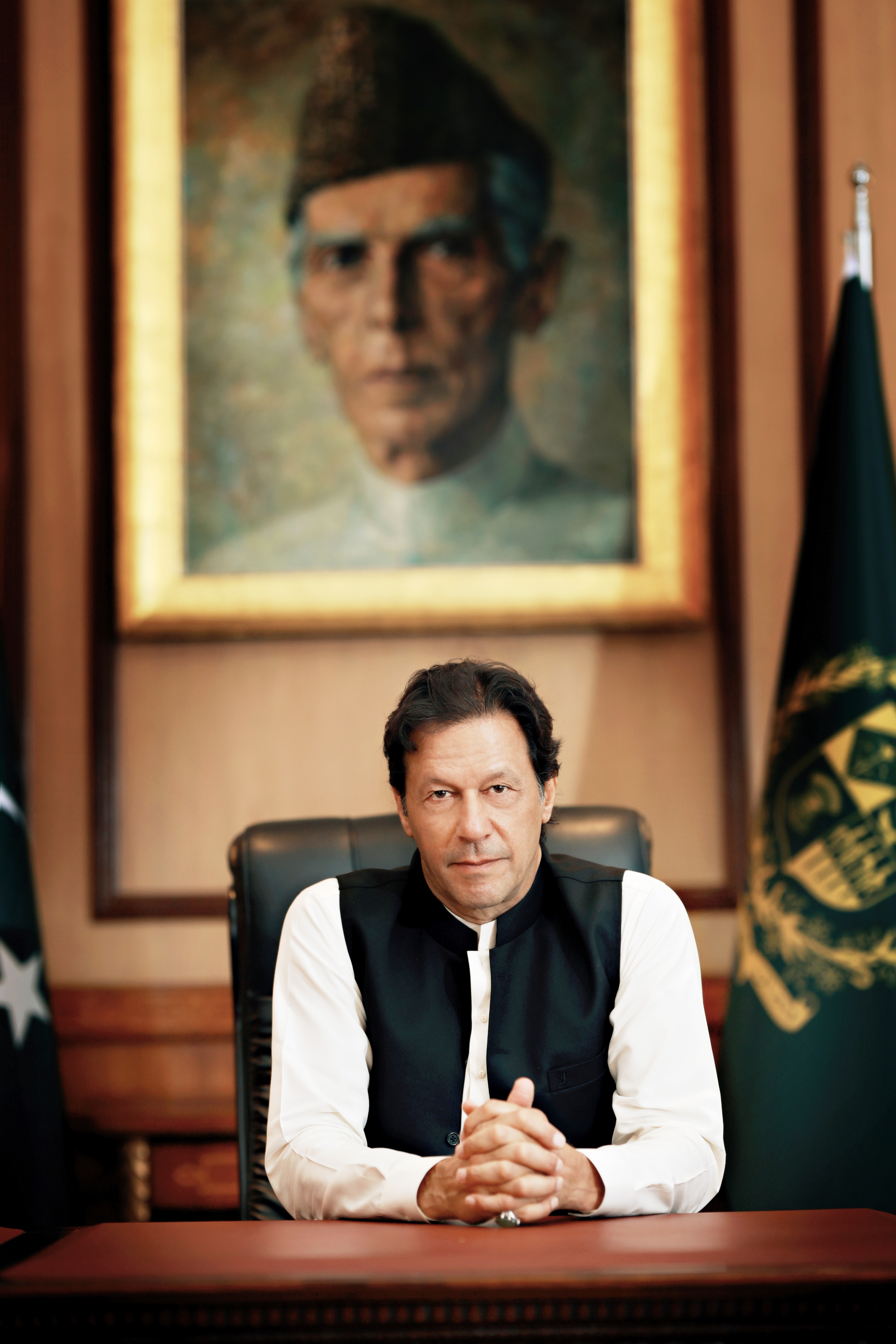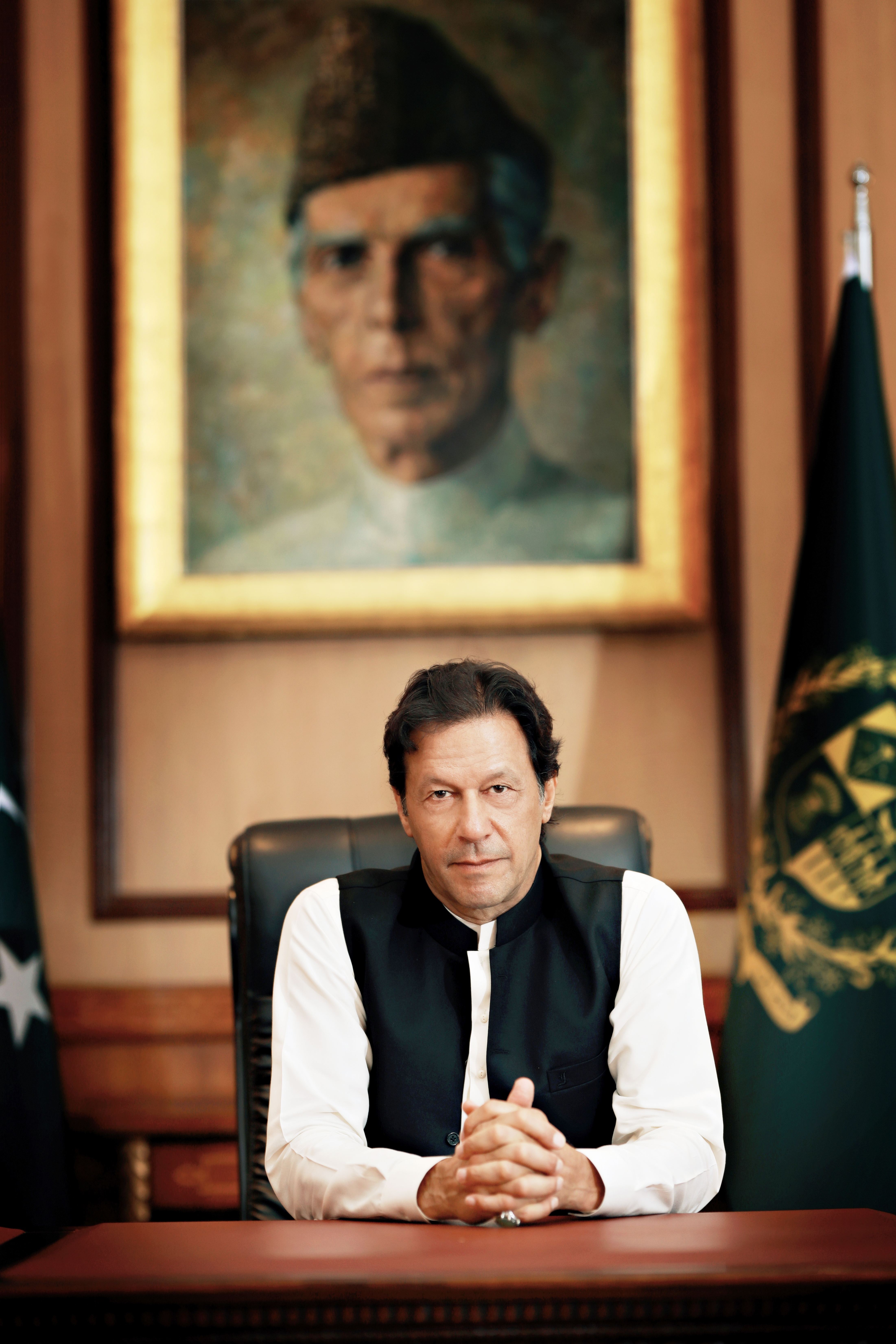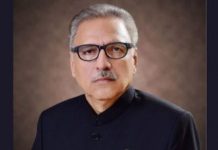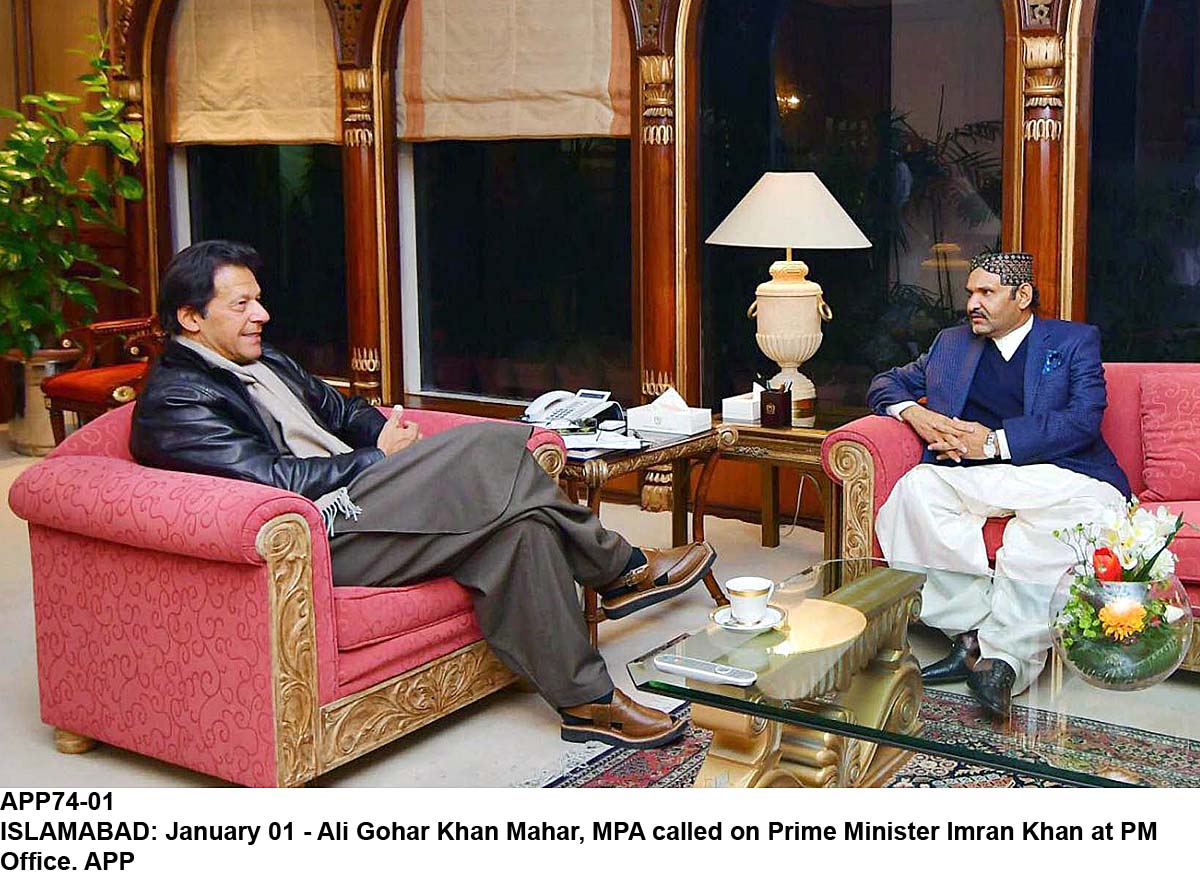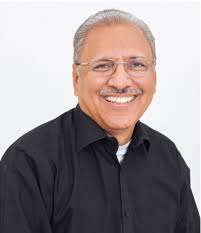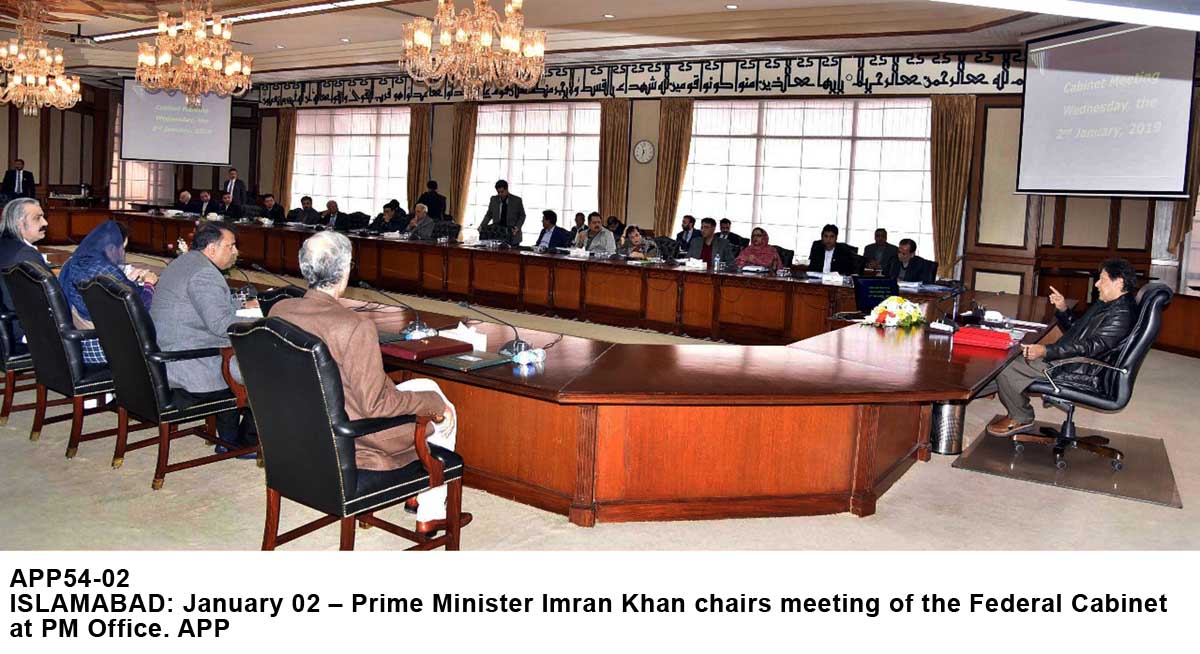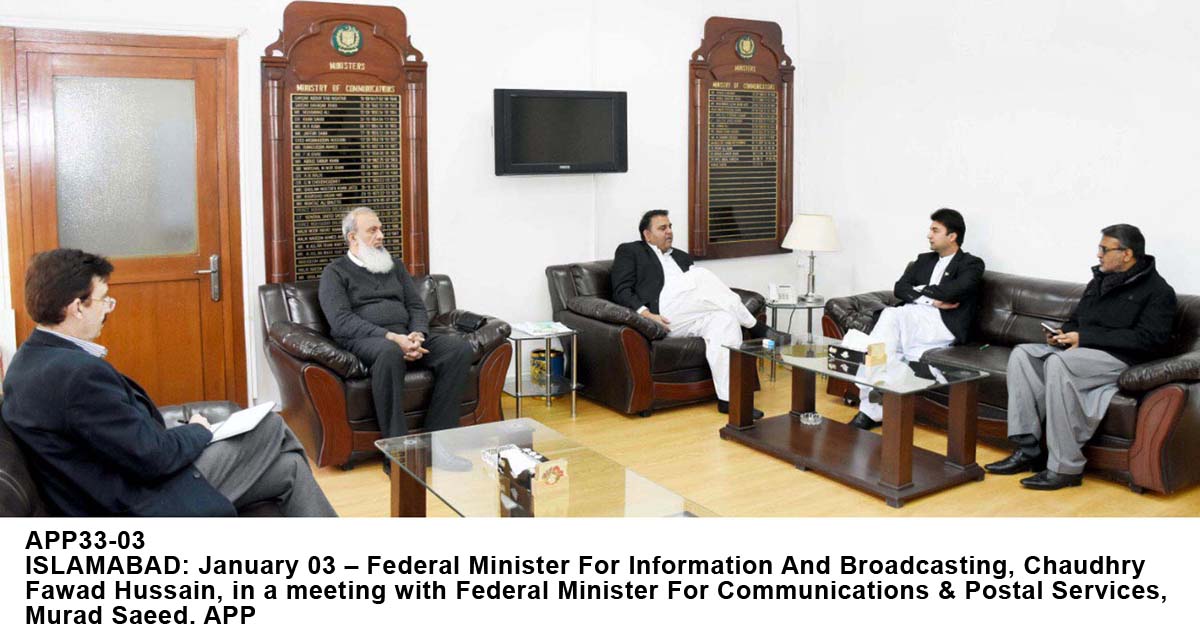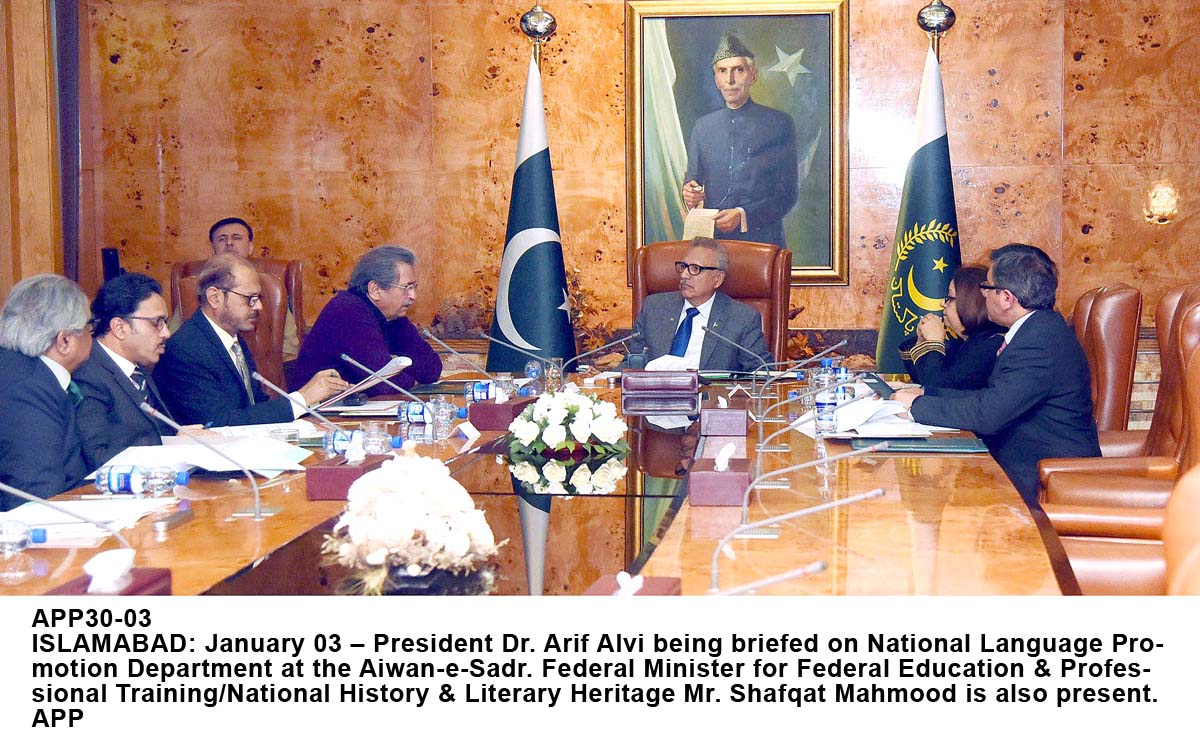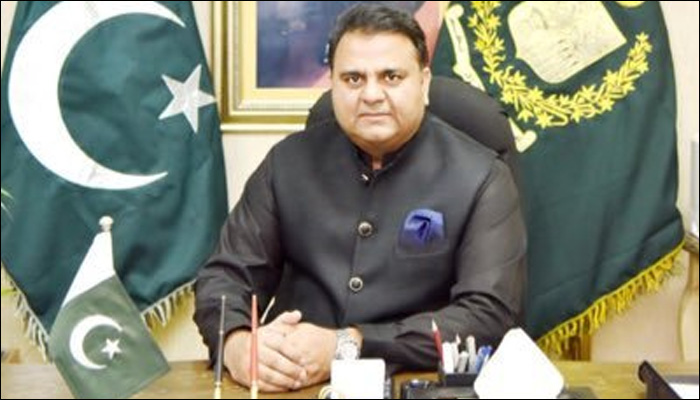
Foreign Minister Shah Mahmood Qureshi’s remarks came at an online panel titled “Situation of Refugees and Other Displaced Persons during the Pandemic: The Need for Cooperation, Antalya Diplomacy Forum” where top diplomats of Iraq, Jordan, Turkey and Lebanon were present along with representatives from the EU, WHO and UN.
Qureshi called for provision of liquidity and necessary fiscal space through stimulus package and debt relief for the large refugee hosting countries. He said that host countries should be supported in building the necessary infrastructure and services amidst the coronavirus challenge.
He said they should also be immediately provided with testing kits, personal protective equipment (PPE), sanitizers, masks and isolation facilities, ventilators and ambulances.
The foreign minister said that hostilities must be ceased in the countries of origin of the refugees to stop further displacement. The work on creation of pull factors for return and reintegration of the refugees is also a must.
Shah Mahmood Qureshi said that virus does not differentiate on the basis of nationality, place, religion, ethnicity or colour. He said it is time to exhibit the true meaning of leaving no one behind.
The minister said that substantial decrease in foreign remittances, which are an important source of economic growth in the developing countries, is expected.
He said that the people have lost their livelihoods and poverty is on the rise, while global economy is contracting, and a number of productive sectors are on the verge of bankruptcy in the wake of Covid-19.
The foreign minister said that Pakistan has been hosting millions of registered and unregistered Afghan refugees for last four decades.
He said Pakistan, despite of financial constraints, offered a number of facilities like health, education, social mobility and opening up of bank accounts for Afghan refugees.
Shah Mahmood said that Pakistan has been financing needs of Afghan population in the country through its own resources without any discrimination.
He said that United Nations High Commissioner for Refugees has only provided limited support to whom they consider a refugee, which excludes 1.6 million Afghan refugees.
The minister said that UNCHR has launched an appeal of $20.6 million for Afghan refugees in Pakistan amidst Covid-19 which only deals with the needs of 1.4 million refugees registered with UNHCR and does not take into account 1.6 million Afghan refugees in Pakistan. He said no state can handle the magnitude of this crisis alone and international cooperation is required more than ever before.
Shah Mahmood said that it is imperative to revalidate the principles of sharing responsibilities and burden and support large refugee hosting countries during these difficult times. He said resources for protecting refugee situation must not diminish at this hour.
Turkish foreign minister Mevlut Cavusoglu said the pandemic process brought about further challenges for the displaced people due to difficulty of their integration into health systems, troubles in supply chain, border closures, and economic repercussions of the outbreak.
He argued that a stronger and more efficient international response to the grievances of displaced people was of utmost importance, and said short-term solutions such as cash-aid programs could be a nice start.
“As Lebanon, Jordan, Iraq, Pakistan as large refugee-hosting countries would agree with me, we [host countries] need solidarity,” said Cavusoglu, adding Turkish administration has backed global solidarity amid pandemic as it distributed medical aid to a total of 125 countries.
Turkish officials brought the refugee topic to the agenda of international organizations, such as G20, MIKTA, Organization of Islamic Cooperation (OIC) and Turkic Council, and sought to create awareness among the international community with regards to the case of vulnerable refugees amid pandemic, Cavusoglu noted.
“We have a common goal, protecting refugees and displaced persons and providing them with a decent life; for that, we need cooperation and action,” he said.
Jordanian Foreign Minister Ayman Safadi said his country would continue to do everything possible to provide refugees with essential items with the collaboration of its partners.
Safadi said global solidarity was essential to ease the effects of the virus on refugees and added that cooperation was a must to ensure the “voluntary” and “safe” return of refugees in line with the international law.
Nassif Youssef Hitti, the Lebanese top diplomat, called on the international community to extend a helping hand with regards to burden-sharing of the refugee issues and said the host countries needed more support for the sake of refugees and internally displaced people.
Hitti added that a political settlement in Syria, where a civil war has ravaged the country since 2011, would help host-countries and the world overcome the refugee issue.
Filippo Grandi, the UN High Commissioner for Refugees, said the grievances of refugees and challenges host countries experiencing should not go unnoticed during the pandemic period.
With over 70 million refugees across the world, and some 90% of them residing in low or middle-income countries, the pandemic should not be allowed to have any catastrophic impacts on refugees, Grandi said.
He noted that the refugees, through phone calls, since the start of the pandemic mostly informed them of the financial difficulties they faced and their poverty-level was on the rise due to lockdown policies.
With a population of over 3.6 million displaced Syrians, who have the status of “people under temporary protection”, Turkey is the world’s top refugee-hosting country.
The civil war in Syria also had a significant impact on the number of refugees in regional states as millions were forcibly displaced due to the war-stricken environment of the country.

